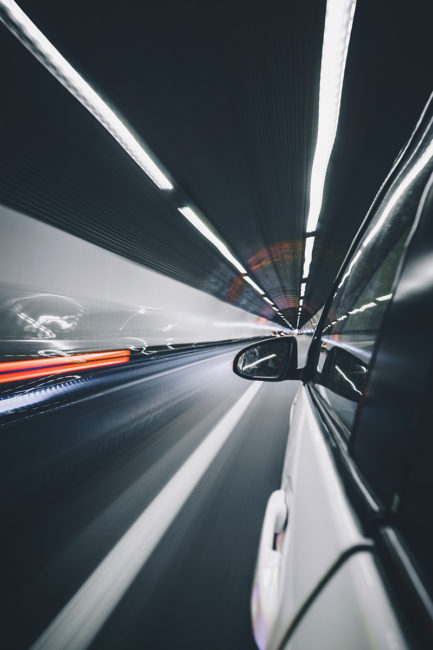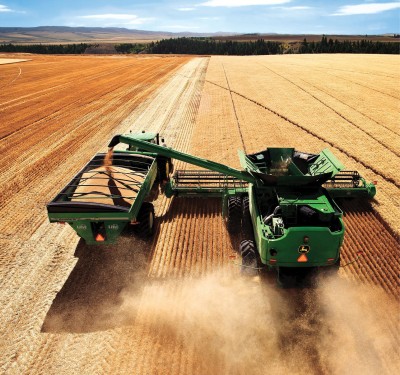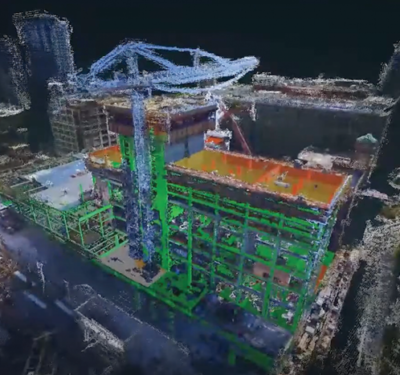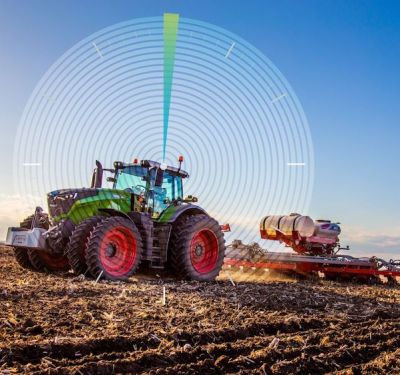
Apple’s interest in LiDAR may prove a new focus on driverless cars by the company. Photo by Alessio Lin via unsplash.
Apple Inc. is in talks with LiDAR makers regarding sensors that could be used for its Apple Car initiative, according to several published reports.
A commonly used surveying tool, LiDAR measures distances between objects and works by firing a pulsed laser light, then measuring how long it takes to bounce back. While emerging as an important tool for increased aerial surveying and mapping accuracy and efficiency, LiDAR is best known for its use in self-driving cars.
According to Reuters, Apple has a “revolutionary design” in mind for these sensors. The company seeks LiDAR units that are smaller, more affordable and more easily mass-produced than those currently available.
Related Reading: Waymo Bringing 3D Perimeter LiDAR to Partners Outside of Self-Driving Cars
Apple has held talks with at least four companies as possible suppliers for next-generation LiDAR sensors in self-driving cars, evaluating the companies’ technology while also still working on its own LiDAR unit, stated Reuters.
The moves provide new evidence of Apple’s renewed ambitions to enter the autonomous vehicle market, an effort it calls Project Titan. The talks are focused on next-generation LiDAR, a sensor that provides a three-dimensional look at the road.
The sensor effort reportedly means Apple wants to develop the entire chain of hardware to guide autonomous vehicles and has joined automakers and investors in the race to find winning technologies.
Current systems, including LiDAR units from Velodyne mounted on Apple’s fleet of self-driving test vehicles, use laser light pulses to render precise images of the environment around the vehicle. But the systems can cost as much $100,000 and use mechanical parts to sweep the laser scanners across the road.
Obstacles like cost and ineffectiveness have spurred $1 billion in investment at dozens of startups and mature companies alike to produce LiDAR smaller, cheaper and more robust, according to Reuters.
The company’s interest in next-generation LiDAR sensors comes as it has increased its road testing while bringing on key hires from Tesla Inc. and Alphabet Inc’s Google. In addition to evaluating potential outside suppliers, Apple is believed to have its own internal LiDAR sensor under development, according to published reports.
Apple last year re-hired Doug Field, an Apple veteran who was serving as Tesla’s engineering chief, to work on Project Titan.






